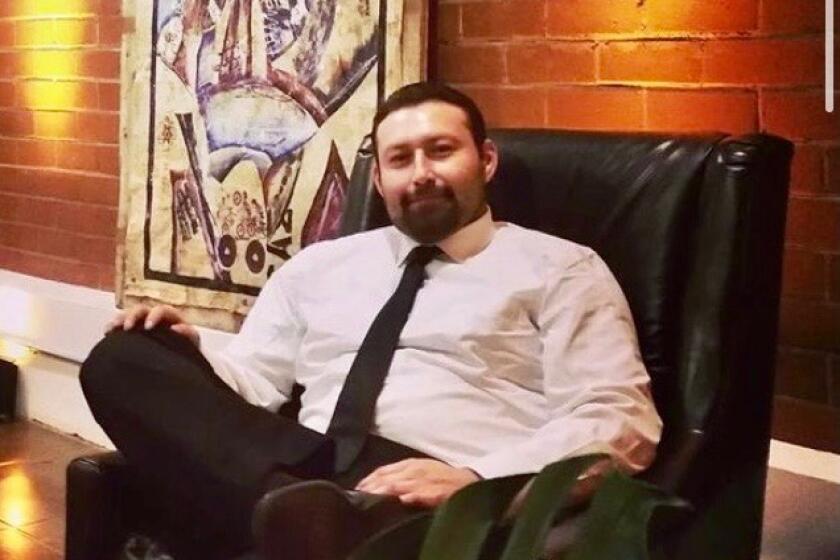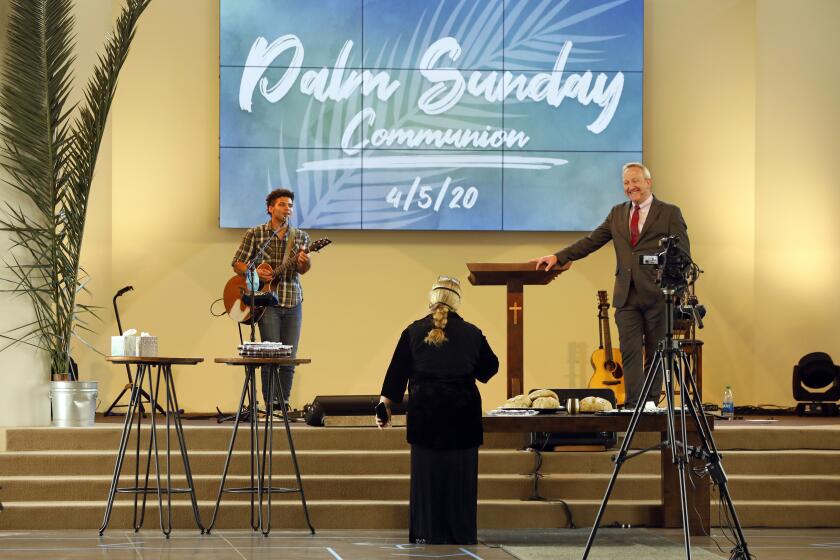Court upholds governor’s right to deny parole to murderers
In a decision nearly two years in the making, the full U.S. 9th Circuit Court of Appeals on Thursday upheld the California governor’s right to deny parole to a murderer serving a life term even when there hasn’t been fresh evidence for decades that the prisoner poses a risk to society if released.
The appeals court ruling on a challenge brought by lifer Ronald Hayward to his repeated denials of parole for the 1978 murder of a man who attacked his girlfriend said that nothing in federal or constitutional law entitles a prisoner to parole in the absence of signs he or she remains dangerous.
The ruling by an 11-judge panel overturned a January 2008 decision by three 9th Circuit judges that Hayward’s constitutional right to due process had been violated because then-Gov. Gray Davis failed to cite any evidence that the prisoner continued to pose a threat to public safety.
Two California Supreme Court rulings in August 2008 established that “some evidence” of persistent danger must be present to deny parole. But the federal appeals court said there was no such federal right by extension.
The ruling is likely to be gravely disappointing to many of the 23,000-plus state prisoners serving life sentences who are technically eligible for parole and had been watching the case, Hayward vs. Marshall, brought by the inmate against the warden of the California Men’s Colony in San Luis Obispo. An additional 4,000 inmates are serving sentences of life without parole and more than 700 death row prisoners can never be considered for release.
In a parallel decision, the appeals court also set a higher standard for lifers to petition federal courts for release, requiring them to get a “certificate of appealability” from the federal bench that would be granted only if the prisoner’s treatment appeared to involve a constitutional violation.
Four of the 11 judges on the “en banc” review panel dissented in part from the majority’s ruling, saying its rationale was “replete with errors and misdirection.” The dissenters, all appointees of Democratic presidents, also disagreed with the majority that prisoners have no established “liberty interest” in obtaining parole even if they serve their minimum sentences without disciplinary problems and appear rehabilitated.
The majority’s ruling, written by Circuit Judge Andrew J. Kleinfeld, an appointee of President George H. W. Bush, served to exonerate a virtual no-parole-for-murderers policy practiced by California governors for the last quarter of a century.
In 1983, Gov. George Deukmejian invoked what was then a rarely used 1913 law to overrule the parole board decision to free murderer William Archie Fain after a public outcry in the town where his crimes were committed. His successor, Gov. Pete Wilson, reversed murderers’ parole grants with regularity, freeing only six during his tenure — five of them female victims of domestic abuse.
Gov. Arnold Schwarzenegger has granted parole to only four murderers, although he has allowed more than 300 parole board decisions to free apparently reformed killers to go through without his review or intervention.
More to Read
Sign up for Essential California
The most important California stories and recommendations in your inbox every morning.
You may occasionally receive promotional content from the Los Angeles Times.











